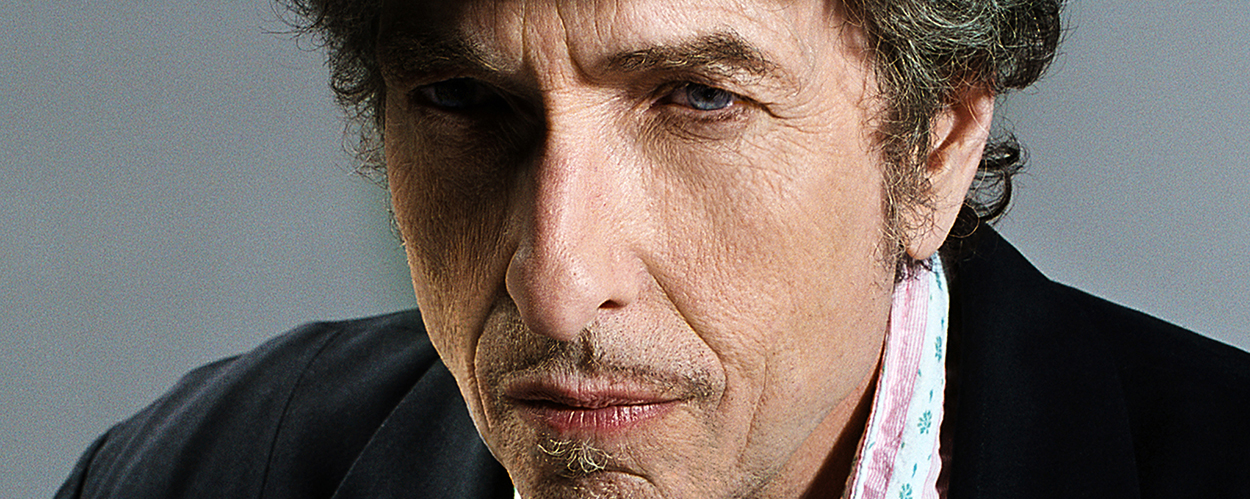This website uses cookies so that we can provide you with the best user experience possible. Cookie information is stored in your browser and performs functions such as recognising you when you return to our website and helping our team to understand which sections of the website you find most interesting and useful.
Artist News Business News Labels & Publishers Legal
Bob Dylan asks court to dismiss Jacques Levy estate lawsuit over Universal deal
By Chris Cooke | Published on Tuesday 30 March 2021

Bob Dylan is seeking to dismiss litigation filed by the estate of former collaborator Jacques Levy, which claims it is due a cut of the reported $300 million Dylan secured last year when he sold his songs catalogue to Universal. Not so, Dylan’s lawyers responded in a new legal filing last week. Levy collaborated with Dylan on a work-for-hire basis, so – while he enjoyed a royalty right over the songs he co-wrote – he did not have a stake in any of the copyrights.
The estate of Jacques Levy sued both Dylan and Universal Music Publishing back in January following last year’s headline-grabbing catalogue acquisition deal.
It argued that while Levy did have what was officially a work-for-hire agreement with Dylan when he collaborated on songs that appeared on the 1976 album ‘Desire’, the terms of that deal went beyond industry standards. That meant that the estate had a rightful claim to a cut of the monies Universal paid to acquire Dylan’s catalogue, it reckoned.
Under US law, work-for-hire agreements allow an employer to become the default owner of any copyrights created by an employee under the deal, even if the employer/employee relationship is pretty informal. That means that Dylan owned the copyright outright in his collaborations with Levy, although the agreement nevertheless provided his collaborator with some of the controls and benefits that usually come with being the copyright owner.
In fact, the Levy estate argued, the agreement provided so many controls and benefits that it’s misleading to even call it a work-for-hire deal. “The agreement’s terms make clear that the agreement is highly atypical of a work-for-hire agreement”, the Levy estate’s lawsuit noted, “bestowing on plaintiffs considerable significant material rights and material benefits that are not customarily granted to employees-for-hire”. So much so, it added, “the label ‘work-for-hire’ is, in this instance, a misnomer”.
To that end, the Levy estate lawsuit went on, the 35% revenue share element of that 1970s agreement should also apply to the monies Dylan received from Universal last year. The lawyers then did some basic maths, reckoning that the Universal deal paid Dylan $500,000 per song, and that the estate should receive 35% of the half a million dollars paid for each of the songs on which Levy was a co-writer.
However, in the new legal filing last week, lawyers for Dylan and Universal argue that, while Levy’s work-for-hire agreement may have been unusually generous, it doesn’t stop it being a work-for-hire agreement. And that, therefore, makes the Levy estate’s claims really easy to disprove. The estate’s lawsuit, Dylan’s attorneys state, “is an opportunistic attempt to rewrite a 45-year-old contract to obtain a windfall payment that the contract does not allow”.
The 1970s deal, they go on, “is a standard work-for-hire agreement between Dylan and Levy. It grants Dylan full ownership of the copyrights in the ten songs on which the two collaborated, making the songs Dylan’s ‘sole property’ and giving him the exclusive right to sell the copyrights”.
“The agreement designates Levy as the ’employee’ and specifies his compensation as 35% of the royalty payments from Dylan’s licensing of the songs for things like TV commercials or performance on the radio”, they add. “Nothing in the agreement remotely suggests that the parties agreed to bestow on Levy the windfall plaintiffs demand here”.
Moreover, the legal filing then notes, although last year’s deal saw Dylan give up all his rights in his songs catalogue, that doesn’t affect any collaborators due royalties under old work-for-hire agreements. Universal is aware of those old deals and is taking on those royalty commitments. Therefore the Levy estate, unlike Dylan himself, will continue to earn royalties when the ‘Desire’ songs are exploited.
“In exchange for a lump-sum payment, Dylan gave up ‘all of [his] rights with respect to every song in [his] catalogue’, including all future licensing income he would have received as the owner”, last week’s legal filing confirms. “As a result, Dylan no longer owns the copyrights or has any right to royalties from their exploitation”.
However, “Dylan ensured that plaintiffs retained their rights to future royalty income. As plaintiffs concede, Universal knew that its purchase of Dylan’s catalogue came with certain ‘obligations, inter alia, to account and pay to plaintiffs [and to other collaborators with royalty rights] all funds due pursuant to’ Dylan’s preexisting royalty arrangements with those collaborators”.
“Dylan thus extinguished his own rights in the songs at the same time he made sure that plaintiffs’ right to compensation from future uses of the songs was preserved”.
With all that in mind, the Dylan and Universal team conclude, the Levy estate’s lawsuit should be dismissed with prejudice.





